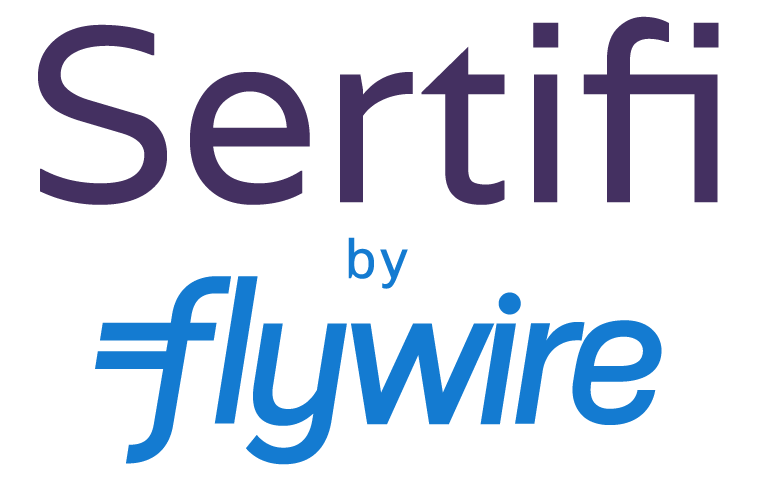Hotel Cybersecurity: Your Greatest Threats and Opportunities
In Hospitality Technology’s latest technology study, 76% of survey respondents reported enhancing data security as a top initiative. Rightfully so: with the most recent attacks on a large hospitality business resulting in billions of lost revenue, hoteliers should be scrutinizing their security practices.
Before digging into the best practices that can help protect your business and guests, let’s first dig into what makes hospitality businesses uniquely vulnerable and prime targets.
What unique cybersecurity challenges do hotels face?
- Large Volume of Sensitive Data: Hotels collect and store huge amounts of sensitive guest data, including personal information and payment information. Protecting a high volume of data from unauthorized access, theft, or misuse can be challenging.
- Transient Guests: Hotels accommodate transient guests who frequently connect to the hotel’s network and use various online services, making it challenging to monitor and control access to sensitive data and devices.
- Seasonal Fluctuations and Peak Periods: Hotels often experience seasonal fluctuations in demand and peak periods of activity, such as holidays or special events. During these times, the increased volume of transactions and guests can strain cybersecurity resources and create opportunities for cyberattacks.
- Highly Distributed Environment: Hotels often have numerous locations, each with their own network and IT infrastructure. Managing security across a distributed environment can be challenging, especially for chains with properties across different regions or countries.
- Legacy Systems and Infrastructure: Many hotels operate legacy systems and infrastructure that may lack modern security features. Plus, upgrading and securing these legacy systems while ensuring compatibility with newer technologies can be a significant challenge.
- Complex Technology Ecosystem: Hotels rely on a complex ecosystem of technology systems and third-party vendors to manage various operations, including property management systems (PMS), point-of-sale (POS) systems, and booking engines. Securing a diverse tech stack requires robust controls and integration between different systems.
How can hotels protect their guests’ personal and payment information?
- Secure Payment Gateway: Use a secure payment gateway that encrypts payment information during transactions, minimizing the risk of interception by malicious actors. Encryption helps to prevent payment information from being obtained via unauthorized access.
- Tokenization: Tokenization replaces sensitive data with unique identification symbols that retain all the essential information about the data without compromising its security.
- PCI Compliance: Adhere to Payment Card Industry Data Security Standard (PCI DSS) compliance. This involves following a set of security standards designed to ensure that all companies that accept, process, store, or transmit credit card information maintain a secure environment. Adherence also helps you avoid steep fines.
- Access Restrictions and Authorization: Restrict access to guest payment information to authorized staff only. You can also implement cardholder authentication methods to ensure they’re in possession of their card at the time of use.
- Employee Training: Provide comprehensive training to staff on security protocols and best practices for handling payment information. This includes educating them about phishing scams and social engineering tactics that could compromise guest data.
- Firewalls and Intrusion Detection Systems (IDS): Deploy robust firewalls and intrusion detection systems to monitor network traffic and detect any unauthorized attempts to access guest payment information.
- Data Retention Policies: Implement data retention policies to ensure that payment information is not stored longer than necessary. Regularly purge outdated or unnecessary data to reduce the risk of exposure.
RELATED BLOG POST

